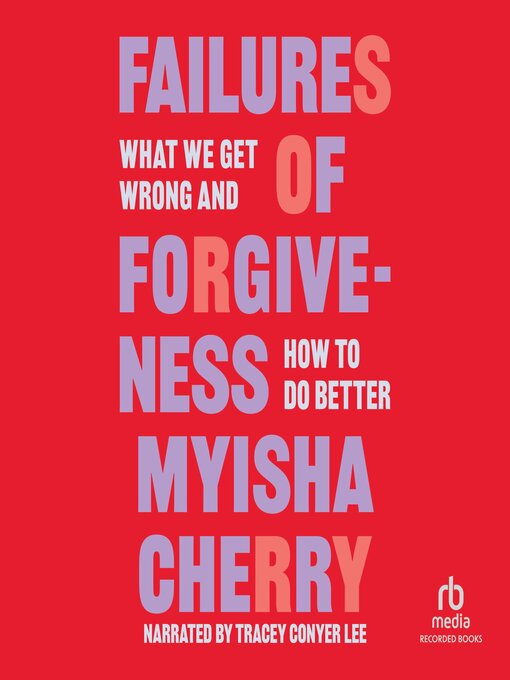- Available now
- Sweeten Up Your Holidays!
- New eBook additions
- Graphic Novels, Manga, and Superheroes!
- New kids additions
- New teen additions
- Most popular
- Try something different
- Resources for Libraries
- New Russian Language Books
- New Spanish Language Books
- "Se me enchina la piel" - Libros espantosos para adultos
- See all ebooks collections
- New audiobook additions
- Full-cast audio
- Great Audiobook Narrators!
- New teen additions
- New kids additions
- Available now
- Most popular
- Try something different
- See all audiobooks collections
- Diverse Families
- Family Road Trip
- Reese Witherspoon's Book Club Reads
- The 100 Best Teen Books of All Time!
- Spies, Lies & Political Intrigue
- Great Adult Books for Teens!
- Transgender/nonbinary reads
- What's Next? Getting to a New Normal
- Twisty Psychological Thrillers
- Need a Laugh?
- Learn English
- African-American Romance
- Burnout: Signs, Symptoms and Strategies
- See all featured collections collections


